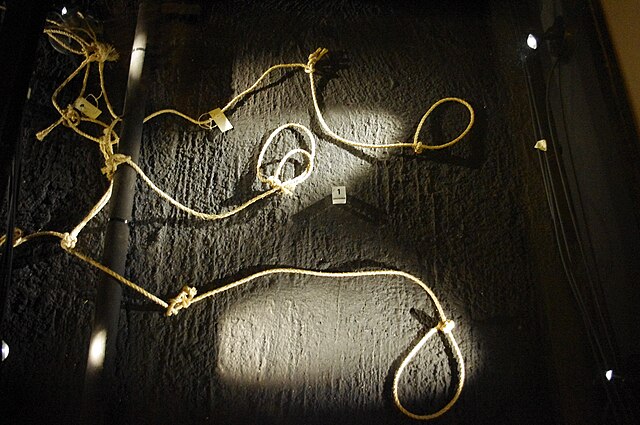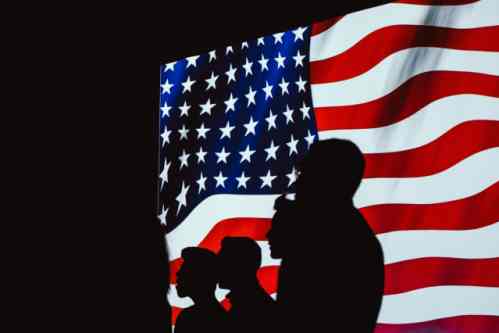I’m sorry I’m a bit late with this fortnight’s post. By ‘a bit’ I mean it’s the right day in the US and a day later in Australia.
I’ve been working on two big things (more about them in a moment) and also discovering that the social life this season is a bit bigger than I expected. Every other year I am excluded from most social events, due to being from the wrong background, not being able to drive, not having children: the usual. I get just enough friends in my life for two weeks so that I know I exist.
This year, everyone else has movement restrictions and we’re meeting online and.. there are still events I don’t get invited to, because people forget that I can come, but every day (every single day) there are other events.
I appreciate this so very much that a friend is setting me up a meeting place on 25 December (that’s 24 December in the US, for I am UTC+11) so that I can return the favour and any friend who is alone that day can drop in and we can chat. It’s only a few hours, for that’s a work day for me, but it’s happening.
I have one thing to finish before then. In fact, I need to finish it today. The other thing is ongoing. Two friends and I are designing a world for gaming and for writing in. One friend is an artist, the other is a writer with military background and me, I’m an ethnohistorian when I’m not a writer. The ethnohistory is the thing: our cultures hold together and are sexy and we all want to venture into this world we’re creating. My current role is to work out how our fairy tales would work in these countries. I’ve already done a Cinderella. There is no handsome prince in this one: Cinders has to find her own way out using her specific background. This Cinders bears grudges…
The other thing (‘thing’ is a technical word for me, which is my only excuse for overusing it, and it’s a very bad excuse) is my non-fiction. The book I finished in winter is being thoroughly edited in summer. This book makes a lot more sense now, and I’m not unhappy with it.
Today I’ll be finishing it and then it wends its way and I shall worry for its journey. Publication takes forever, and even an interested publisher may not want a book, when they read it again.
I love telling people what this book is about. I’m looking at how science fiction and fantasy novels communicate culture and operate as cultural objects. I’ve developed a bunch of tools for the analysis and those tools are so handy that the talk I gave about a few of them at this year’s European Science Fiction Convention had people chasing me to get the talk published. I needed a home for it that was a place these same readers knew, but the editors were slow to answer (or, in one case, has just let it slide without even an acknowledgement) so I’ve had to give up looking. At least one of my regular publishers was willing to help, but I need to be careful how I overlap my academic self and my fictional self. Unless I hear back from the silent publisher (which has a history of not answering emails from me, so I wouldn’t hold my breath) everyone can wait for the book.
With essays in general and with short stories, I won’t chase beyond a certain point, because if I do, then I won’t have time to write anything else. I’m not alone in this, but my disabilities/chronic health problems do have an effect on my time and energy. If I want to see any of my work in print, I assess it for how much time and energy it will take to get it there.
This applies to most aspects of my life. If I don’t have a copy of a book of mine, for example, or a bookshop has said they want me to visit and I have not turned up, it’s because I’ve chased it a certain number of times and can’t chase it any more without it eating into core things. ‘Eating into core things’ means physical pain which affects absolutely everything.
When people chase me up or answer emails or fill all their promises without reminders, my life is better. It’s the work equivalent of those end of year/Christmas/other parties I have to miss most years.
This wasn’t really a post about parties or the work I’m doing. I wanted to show you how I balance my particular physical limitations. The other thing that delayed me yesterday, you see, was a visit to the hospital, where I found out why typing hurts so much when I do the hard yards of reminding everything of all the things they forget.
Every single one of us is balancing a lot of things this year. We all have to put our needs and other peoples’ needs into some kind of order to get as much done as possible. And me, I need to remind myself that I can share the joy with an online party, but when a delivery doesn’t come because someone has slipped up or if emails have not been answered, I am not always capable of being the responsible soul who chases everything for everybody and keeps whole communities of work together.
We all have to prioritise this season. I’m using that need to find ways of handling the impossible workload writers often have. In all the lists I have, reminders are, oddly, the hardest to handle. Everyone with illness/disability is different. I’m lucky I can still write books and design worlds and research. Very, very lucky. Where I need support, it turns out, is getting them out into the world.
My lesson of the week (for I’m in learning mode, being a student again) is to apply this same equation to everyone around me and to let things go when I can’t solve problems. I get told “You should’ve reminded me” or “I thought I did that” or “Oops – maybe next week” and every time, it creates physical hurt for me, and I want to be angry at the person who causes the pain. My resolution is to get through this more lightly than I have. I need less pain and less judgement and more understanding. And I need to work out for every person around me what difficult decisions they’ve had to make in this difficult time and give them the space they need to deal with it. Until now, I’d be the one helping them get through. I’d take on work for them and sacrifice.
Sacrifices are more difficult now and parties are easier.
I need to return to my book and to stop letting my thoughts become complicated. Or maybe I need coffee.
If you want to find me on 25 December, let me know and I’ll share the link when it goes live.

 I don’t consider myself naïve about scams. I know to never give out any my bank or credit card numbers, Social Security number, or date of birth to anyone who phones me out of the blue. In fact, when I am in a cranky mood, I might lecture the caller about how what they’re doing is fraud. I read articles about romance, grandkid-in-jail, phony arrest warrants, and other scams. As 2021 drew to a close I realized that I had fallen into a scam I hadn’t heard of: befriending a person on social media and then inducing them to set up a GoFundMe for a medical emergency. Fortunately, I came to my senses before I sent any money from that campaign. Until then, it had never occurred to me that I had been manipulated over a year and a half. As embarrassing as the experience was for me, I’m going public in the interests of educating others.
I don’t consider myself naïve about scams. I know to never give out any my bank or credit card numbers, Social Security number, or date of birth to anyone who phones me out of the blue. In fact, when I am in a cranky mood, I might lecture the caller about how what they’re doing is fraud. I read articles about romance, grandkid-in-jail, phony arrest warrants, and other scams. As 2021 drew to a close I realized that I had fallen into a scam I hadn’t heard of: befriending a person on social media and then inducing them to set up a GoFundMe for a medical emergency. Fortunately, I came to my senses before I sent any money from that campaign. Until then, it had never occurred to me that I had been manipulated over a year and a half. As embarrassing as the experience was for me, I’m going public in the interests of educating others. The internet is practically an engraved invitation to indulge in gossip and rumor. It’s so easy to blurt out whatever thoughts come to mind. Once posted, these thoughts take on the authority of print (particularly if they appear in some book-typeface-like font). Have you ever noticed how much easier it is to question something when it appears in Courier than when it’s in Times New Roman? For the poster of the thoughts comes the thrill of instant publication. Only in the aftermath, when untold number have read our blurtings and others have linked to them, not to mention all the comments and comments-on-comments, do we draw back and realize that we may not have acted with either wisdom or kindness.
The internet is practically an engraved invitation to indulge in gossip and rumor. It’s so easy to blurt out whatever thoughts come to mind. Once posted, these thoughts take on the authority of print (particularly if they appear in some book-typeface-like font). Have you ever noticed how much easier it is to question something when it appears in Courier than when it’s in Times New Roman? For the poster of the thoughts comes the thrill of instant publication. Only in the aftermath, when untold number have read our blurtings and others have linked to them, not to mention all the comments and comments-on-comments, do we draw back and realize that we may not have acted with either wisdom or kindness.

